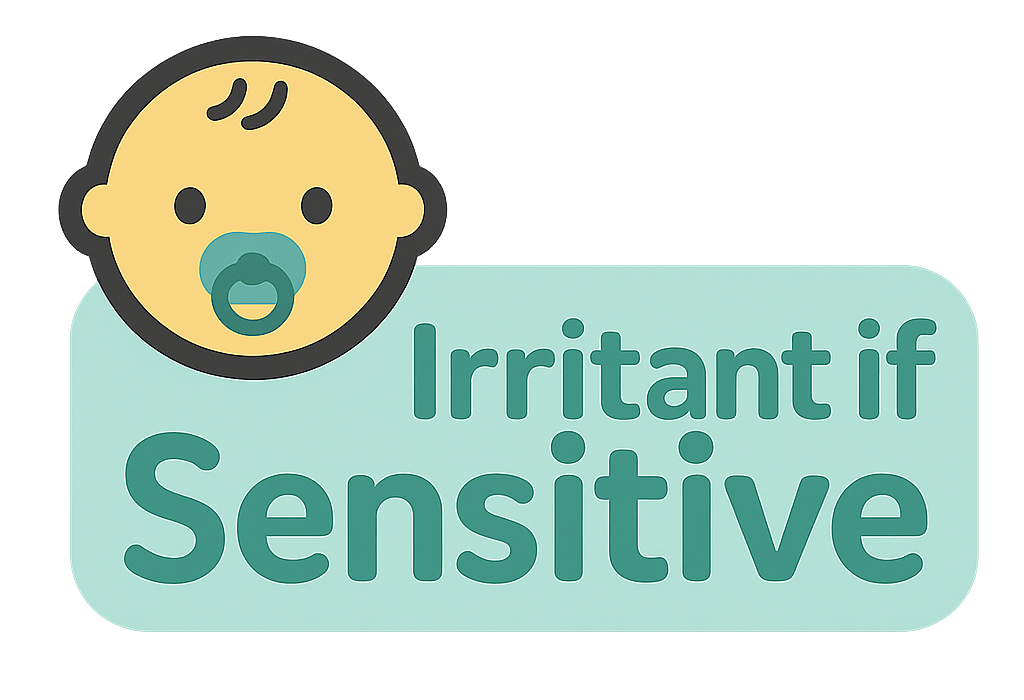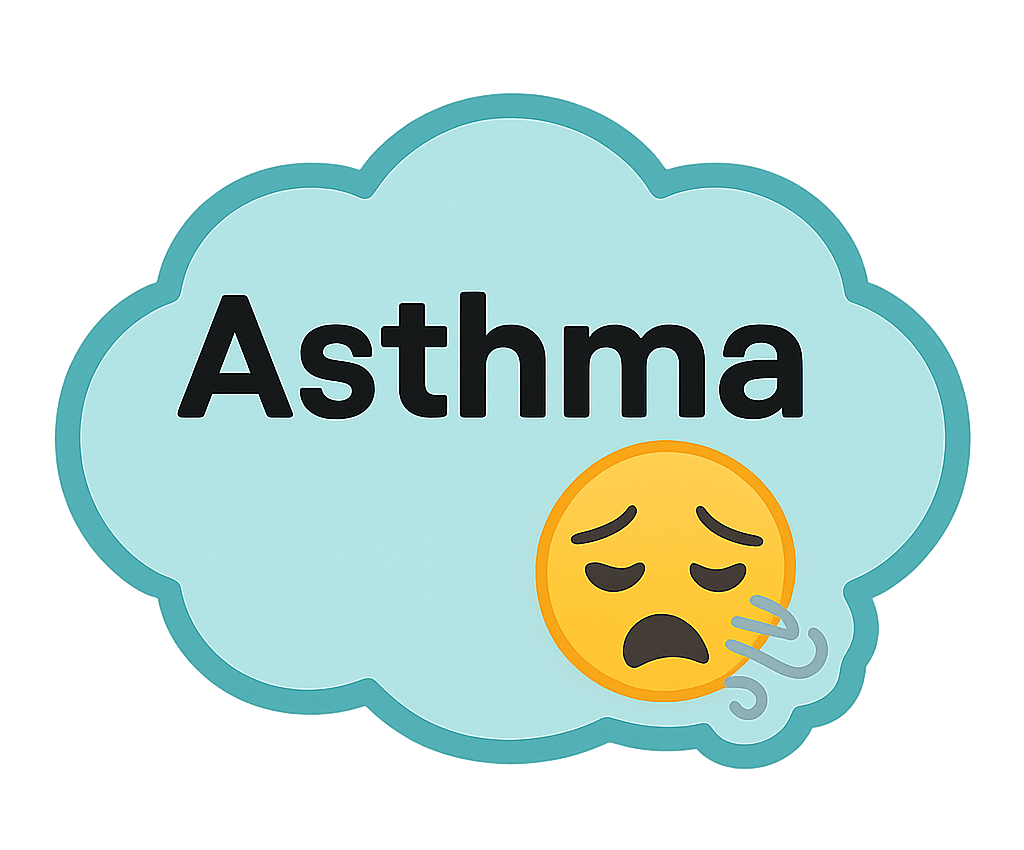Check for Different Age (6 available)
Is this safe for adults to use Citronellol?
ℹ️General Overview
For adults: many people can use products with citronellol without problems, but it can cause allergic skin reactions in some people. It’s a fragrance ingredient and is known to cause contact allergy in sensitive adults.
✅What to Do
If you are an adult with normal skin and no fragrance allergy, you can usually use products that list citronellol. If you have sensitive skin, eczema, or have reacted to fragrances before, choose fragrance‑free products or do a small patch test (apply a tiny amount to the inner forearm and wait 24–48 hours). Stop use if you get redness, itching, hives, or a rash. Prefer products that clearly list fragrance ingredients and avoid using on broken or irritated skin.
⚠️Warnings
Watch for signs of a contact allergy (redness, swelling, itching, blisters). Regulatory and industry sources list citronellol as a known human allergen and require labeling in some regions (for example: EU Cosmetics Directive and International Fragrance Association). There is also a noted contamination concern for formaldehyde; if a product smells unusually strong or causes a strong burning sensation, stop use and consider contacting the brand or a healthcare provider.
Are you holding the product?
Scan the full ingredient label and understand if it's safe for your child.
Safety Risk Labels
This ingredient has the following documented risks:





Tap or hover over labels to see detailed risk information.
Alternative Names for Citronellol
This ingredient may also be listed as:
Always check ingredient labels carefully, as ingredients may be listed under different names.
Products Containing Citronellol
This ingredient is found in the following products:
This list shows products that contain Citronellol or its alternative names.
Research Articles on Citronellol
Scientific research related to this ingredient:
These research articles provide scientific evidence about Citronellol safety and effects.
Common Questions About Citronellol
Is this safe for adults to use Citronellol?
Use caution with Citronellol for adults. Some safety concerns have been identified.
What are the immune system risks of Citronellol for adults?
Could weaken or confuse immune system.
What are the irritant risks of Citronellol for adults?
Can cause skin redness, itchiness, or rashes—especially on sensitive baby skin.
What are the eczema risks of Citronellol for adults?
Linked to triggering or worsening eczema and similar skin conditions.
What are the asthma risks of Citronellol for adults?
Can make breathing issues like asthma worse in babies and kids.
What are the cancer risks of Citronellol for adults?
Connected to cancer risk with long-term or repeated exposure.
What products contain Citronellol?
Citronellol is commonly found in skincare products, cosmetics, and topical applications. Always check ingredient labels before use.
When can adults using products with Citronellol?
The appropriate age depends on the specific ingredient properties and concentration. This analysis is for adults. Use the age selector above to check other ages.
Want to scan another product?
Use our camera scanner to analyze more ingredient labels
Scan Another Product